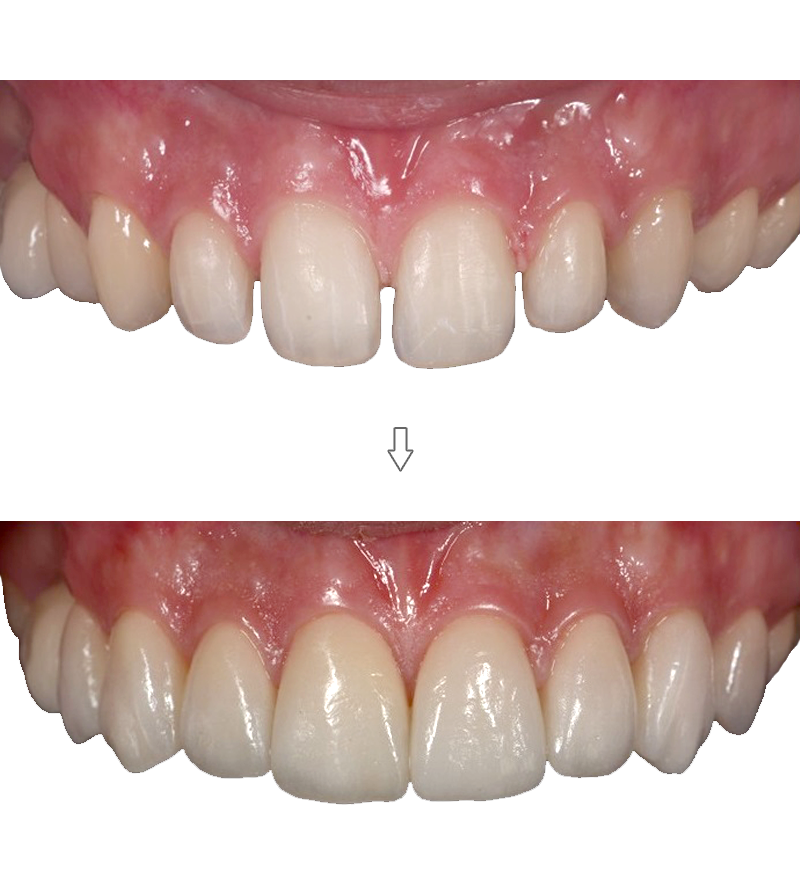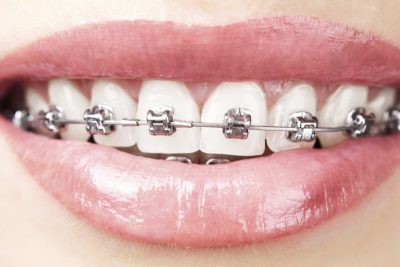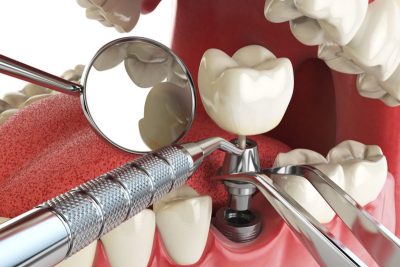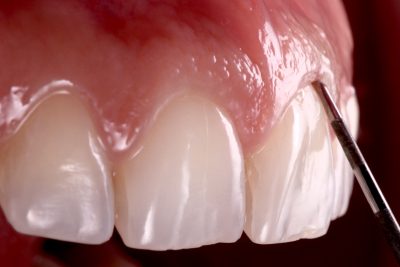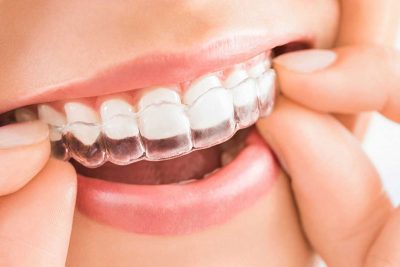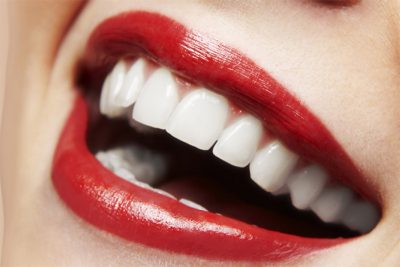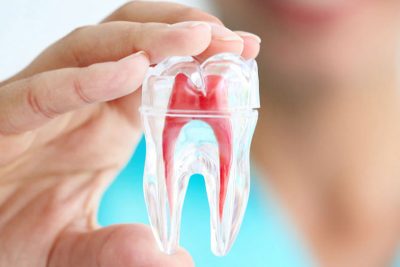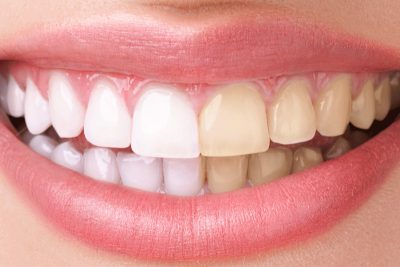Home » Treatments » Dental Veneers
Dental Veneers
Dental veneers are very wafer-thin laminates or shells of tooth-coloured material bonded to the front surface of teeth to improve their cosmetic appearance.
Depending on the aesthetic needs and the type of teeth involved, in order to place veneers, we may or may not have to wear out your teeth a little.
Veneers can be placed to provide a natural look and improve dento-labial aesthetics in a variety of situations such as fractured teeth, chipped teeth, stained teeth, worn teeth, uneven teeth, misaligned teeth, transparent teeth, diastema (teeth with space between them).
Types of Dental Veneers
veneers
(composite or acrylic)
(minimal prep ultra-thin venners - lumineers)
veneers
The ceramic veneers are made in the laboratory, from a 3D scan gotten from the previously prepared teeth by the dentist.
In this preparation, the natural teeth are submitted to minor wear so that the veneer is bonded with composite resin. The applied colour will be in accordance with the remaining dentition, which, if not desired, can be previously obtained by dental whitening.
Given the required high technology and specialized laboratory technicians, the ceramic veneer is an expensive restoration, but it is biocompatible, does not cause foreign body reaction, allows a perfect finish, does not change colour over time, is long lasting and allows an ideal aesthetic.
(composite or acrylic)
Resin veneers (composite or acrylic) can be made directly in the office without needing the laboratory. Minor tooth wear is promoted with appropriate material and techniques, and imperfections are uniformly masked with composite resin.
They can also be made in the laboratory if the dentist wants it. This is a cheaper, faster and easier to fix solution when a problem comes up. They have, however, the disadvantage of being less natural and less durable restorations.
(minimal prep ultra-thin venners - lumineers)
The lumineers (or ultra-thin laminate veneers) are very thin ceramic blades – ranging from 0.2 to 0.5 mm thick – which is suitable for those who want to correct minor problems of shape, texture, alignment, interdental space and symmetry of the dental crowns. These caps are distinguished from resin and ceramic as they require very little, if any, tooth wear.
This non-invasive, translucent solution, similar to the outermost layer of the teeth, mimics the tooth surface allowing a natural outcome. However, because it is very thin, this veneer cannot accurate large colour changes.
Common questions
- Improves dental aesthetics and smile;
- Restores the buccal anatomy;
- Improves gum health;
- Improves phonetic and chewing functions;
- Repairs fractures or stains.
- The tooth wear procedure for the veneer to be bonded is irreversible;
- If the dentin is much stained, the tooth may appear darker when the enamel is worn, compromising the final restoration in terms of colour.
Cleaning of dental veneers is equal to the rest of natural teeth. Therefore, you should always brush your teeth three times a day with fluoride toothpaste and at least at night, floss or brush and cheek with plaque elixir. All these daily actions helps to remove food waste, prevents plaque formation and consequent cariogenic and inflammatory gingival acidification.
Ceramic veneers last over 10 years on average.
If they deteriorate within this time, it may be necessary to repair or even replace the applied blade. It all depends on the technique used by the dentist and the personal care, hygiene and food.



